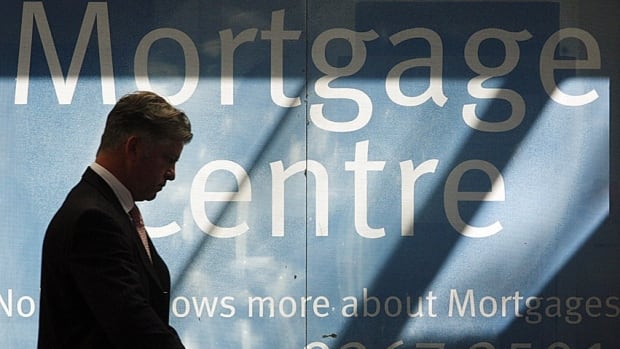Whether or not your parents own a home makes you twice as likely to own one yourself, according to a new data analysis by Statistics Canada.
In a report published Monday, the data agency crunched the numbers on home ownership rates across income levels, provinces and age brackets and found that one of the best determinants of whether or not a young adult owned a home in 2021 was whether or not their parents did.
Specifically, the report looked at people born in the 1990s, which means it’s examining an age cohort between the age of 23 and 33 years old.
Among everyone born that decade, the home ownership rate was 15.1 per cent, but older members of the cohort were more likely to own than younger ones.
The home ownership rate for people born in 1990 was 33 per cent. For those born in 1999, the ownership rate is just 2.1 per cent.
Age being a factor in ownership is perhaps to be expected, but the ownership status of the generation above them had almost as large an impact on the numbers.
Almost one out of every six Canadians born in the 1990s owned a home in 2021, but among those whose parents didn’t own a home, the ownership percentage was 8.1 per cent — about one out of every 11.
If the young adult’s parents do own their own home, however, the ownership ratio jumps to 17.4 per cent. That makes them more than twice as likely.
And the more homes the parental generation owns, the more likely the children were to own, too.
Generational effect
Among parents who own two homes, the ratio was 23.8 per cent — almost three times as much. Among parents who own three or more properties, the ratio leaps to 27.8 per cent, and those ownership habits tend to pass on, too:
More than half of the young adults who own multiple properties — 52.8 per cent — have parents who own multiple properties, too.
While the report stops short of implying a causal relationship between the two trends, it does cite research showing that adult children of homeowners benefit from the mere existence of “The Bank of Mom and Dad,” because they are more likely to buy in the first place, more likely to get help with a down payment and more likely to buy more expensive homes when they do.
“Parental property ownership is positively associated with their adult children’s likelihood of home ownership when the adult children’s income, age and province of residence are held constant,” the report found.


